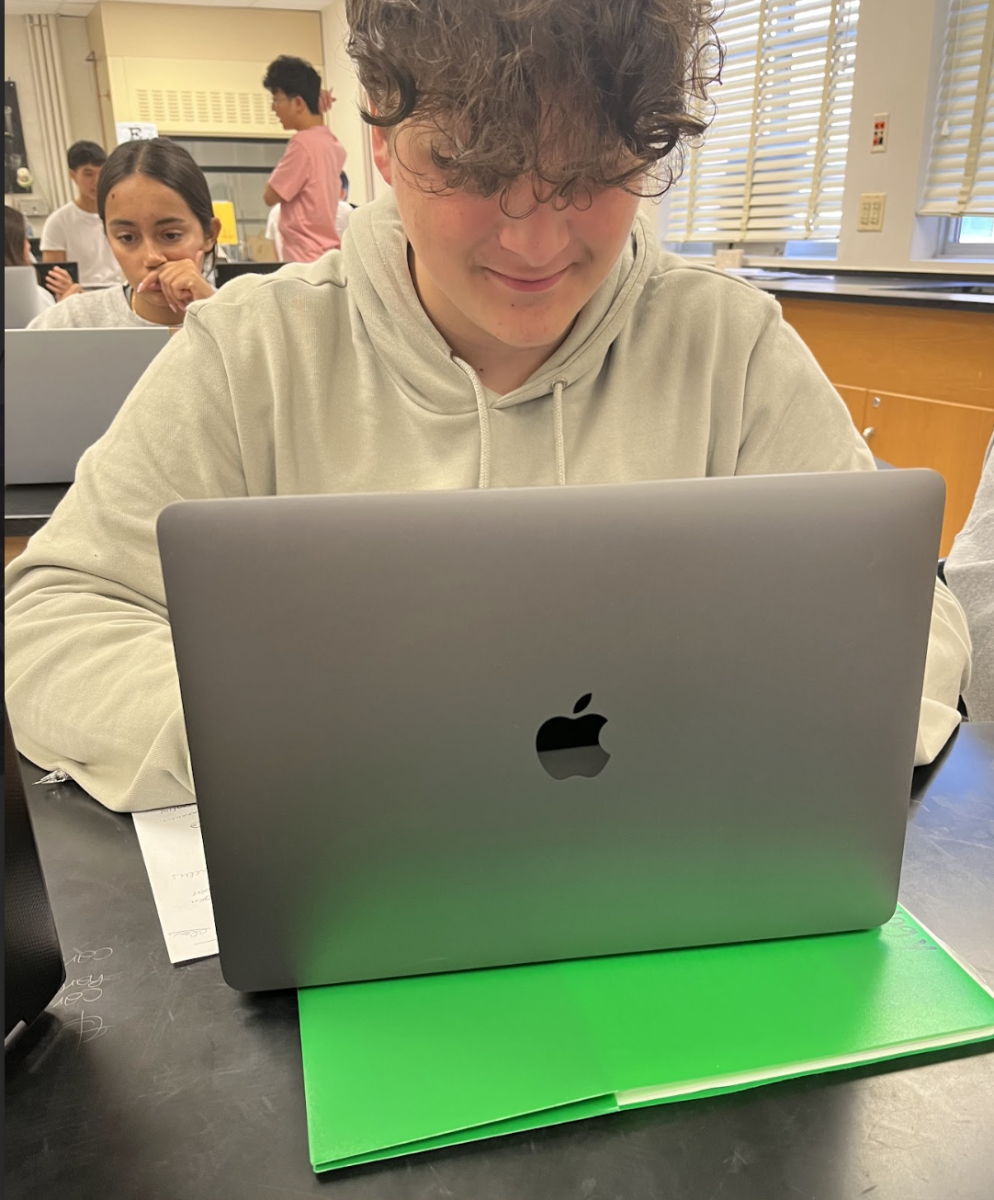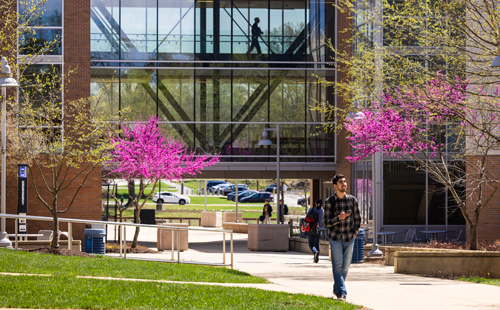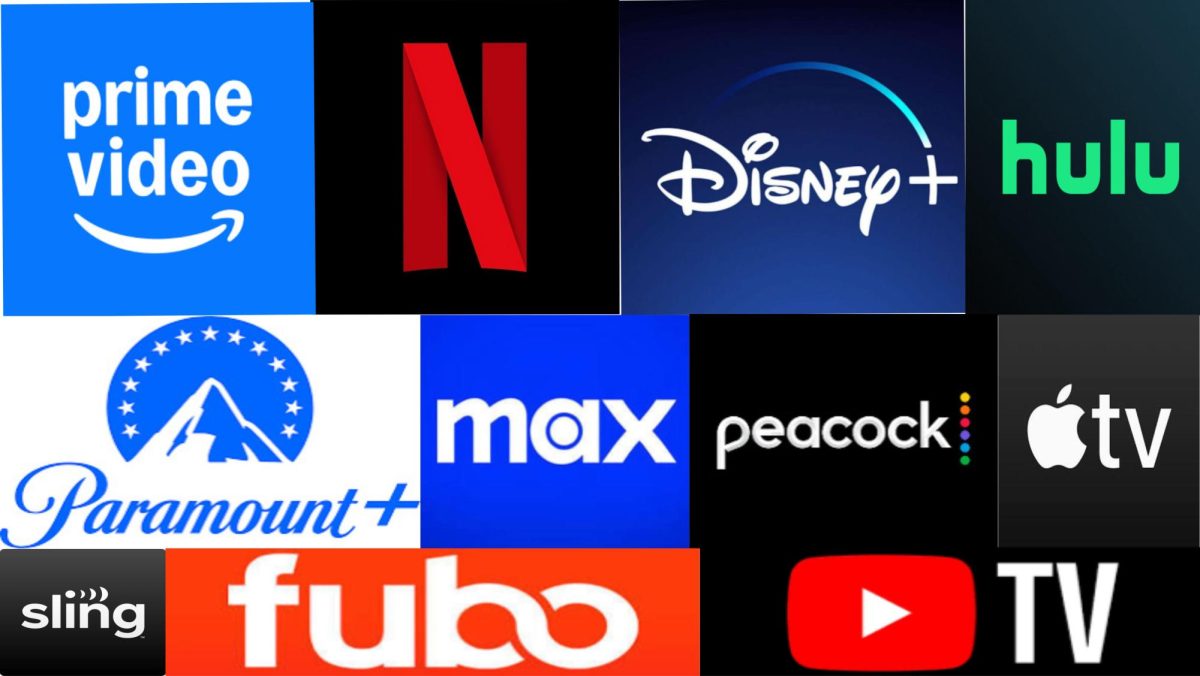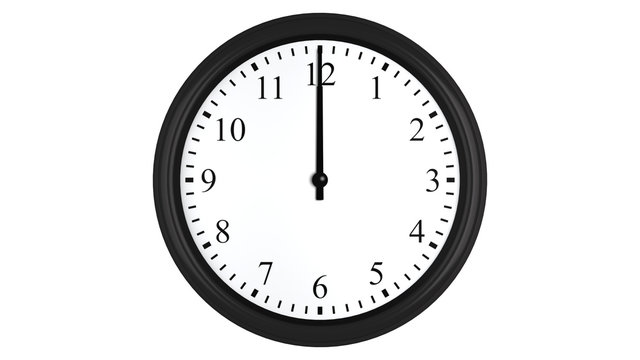Implemented in the 2022-23 school year, the Personal Mobile Device (PMD) Policy aimed to prevent student use of personal devices—including cell phones, personal laptops and headphones—during class time. While the policy has been mostly effective, many students were still seen bringing non-school-issued laptops to school. Now, a year later, WCHS is cracking down on personal laptops, making it clear that students should only be using school Chromebooks.
When the PMD policy updates were announced at the beginning of the 2023-24 school year, many students, especially those who opt to use their personal laptops, probably felt the same way: annoyed. However, despite some students being unhappy, the implementation of this new policy update was necessary for a plethora of reasons.
First off, WCHS being able to regulate all laptops in school drastically helps decrease cheating on online quizzes and tests. On school-issued Chromebooks, teachers are able to see when students switch tabs on a test in Canvas due to the MCPS software. They are also able to connect to student Chromebooks through GoGuardian to close out any unwanted tabs and further monitor what students are doing online during a test.
With personal laptops however, this is not the case. Since personal devices are not registered to MCPS, students are free to browse the internet and use other unauthorized materials while taking a test. Not only is that breaking WCHS code of conduct, but it also puts students with Chromebooks—who do not have the ability to use outside resources—at an unfair disadvantage.
According to an NIH study, 30% of students admitted to cheating at least once during an online exam. Allowing students to bring personal laptops only perpetuates these issues, creating an environment where students cheat with no consequences, hence why the enforcement of the PMD policy in its entirety is crucial to limit academic dishonesty.
On the topic of students browsing the internet, another reason why the crackdown on personal laptops is beneficial is because it prevents students from accessing restricted websites. On Chromebooks, MCPS restricts certain websites and keeps a log of every students’ browsing history, allowing the county and individual schools to ensure students are on task and using devices appropriately. The Children’s Internet Protection Act (CIPA), requires the 95% of schools that receive e-rate funding to perform some monitoring to limit students’ exposure to inappropriate content online.
This is a big issue with personal laptops, as WCHS has no way to keep tabs on what students are doing on their laptops. It is not uncommon to see students distracted by games, iMessage and MCPS restricted websites. This has led to habits of students with personal laptops using class as free time to do whatever they want on the internet, instead of completing assignments, prompting WCHS to take more measures to cease this behavior.
Despite personal laptops being a distraction for students, some argue that students should have the freedom to choose whether or not they want to use personal devices or those given by WCHS. Students may be accustomed to using their MacBook at home, leading them to want to bring it to school as well. They believe that WCHS making students use Chromebooks is unfair to those who may work better on other interfaces.
And while this new policy might be inconvenient for some students, WCHS enforcing the usage of Chromebooks is imperative. Not only does this prevent cheating and distractions as previously noted, but personal laptops also cause a whole different issue: negatively affecting the Wi-Fi.
When many personal devices connect to the school’s Wi-Fi simultaneously, it causes network congestion. This congestion then slows down the internet for all users, including students and teachers. Personal laptops also take a toll on the bandwidth. If a personal laptop is used for bandwidth-intensive activities such as downloading large files or streaming high-definition videos, it can consume a significant portion of the available bandwidth, affecting the network’s performance for everyone else in the school.
As the school year progresses, it is important for all students to follow the updated PMD policy. Although it might be an adjustment for students who normally bring their personal laptops to school, adhering to the new rule is necessary as it was created with the intention to benefit WCHS students and staff alike.















